Join us for two talks by Daniel Sacilotto on Latin American Marxism and the epistemology of representation.
Monday, Feb. 19: José Carlos Mariátegui and the Latin American Utopia
In this talk I will situate the place of José Carlos Mariátegui’s “heterodox Marxism” in the context of twentieth century Latin American utopianism. Following the dialectical periodization of Latin American thought since the precolonial period proposed by Leopoldo Zea in his seminal 1965 text El pensamiento Latinoamericano, I argue that Mariátegui’s unique contribution to Marxism ought to be understood as a synthesis of positivism and voluntarism that challenges and radicalizes the humanist and cosmopolitan ideals of what Zea names the “assumptive project” during the formative, republican period of Latin American history.
Inspired by but also in contention with the works of González Prada, Barbusse, Croce, and Sorel, I show how Mariátegui’s dialectical conception rejects both a narrow economism that reduces the role of subjective agency to mechanistic causal forces, and an idealism that subordinates the dynamics of production to intentional determinations. Seeking to develop a new conception of revolutionary agency adequate to the Andean postcolonial world and its lingering semifeudal rural economic productive modalities, I indicate how Mariátegui’s own proposal for a “Andean socialism” emerges in continuity with a more capacious conception of the proletariat subject. A coordinated process of ideological formation and strategic coalition emerges in this way as part of what Mariátegui names an “active philosophy,” bringing together the labor of writers, artists, and workers in the search for political and cultural independence.
Tuesday, Feb. 20: The Formalization of Experience: Representation, Structure, and Materialism
In this talk, I will propose a constructive answer to the critique of representation formulated by different orientations in post-Kantian philosophy. Rather than destining philosophy to either a skepticism or “idealism” according to which thinking can grasp appearances but never the real, I argue that representation is a constitutive dimension of the creative capacity of cognitive systems to know and intervene on the world of which they are part. More than an inflexible or ahistorical “mirror of nature,” representation realizes itself as a self-correcting enterprise that evolves in natural and cultural history, through which cognitive systems progressively excavate the objective modal structure of the world.
Rekindling the spirit of Kant’s transcendental enquiry into the conditions of possibility of experience, while avoiding the skeptical conclusions and dogmatic residues lingering in the critical method, this new account of representation traces unexplored relations between modern philosophy and influential traditions in twentieth century Continental and Anglo-American philosophy. In particular, my talk frames a functionalist account of representation in the context of various structuralist programs elaborated in both the analytic and continental traditions that aim to elaborate new materialist alternatives to epistemological and ontological anti-realisms. In doing so, I will indicate how the progressive development of representation as a power of knowing is compatible with a realist epistemological framework that reveals the diachronic coordination of philosophical and scientific theories as approximating the ideal of absolute knowledge.
Daniel Sacilotto teaches in Critical Studies at The California Institute of the Arts, and in Arts and Design at California State University San Bernardino. His research focuses on the relation between realism and utopianism in contemporary European philosophy and postcolonial Latin America. He is the author of Universality and Utopia: the 20th Century Peruvian Socialist Indigenista Tradition (Anthem, 2023), and Structure and Thought: Toward a Theory of Representational Cognition (Northwestern, 2024).

